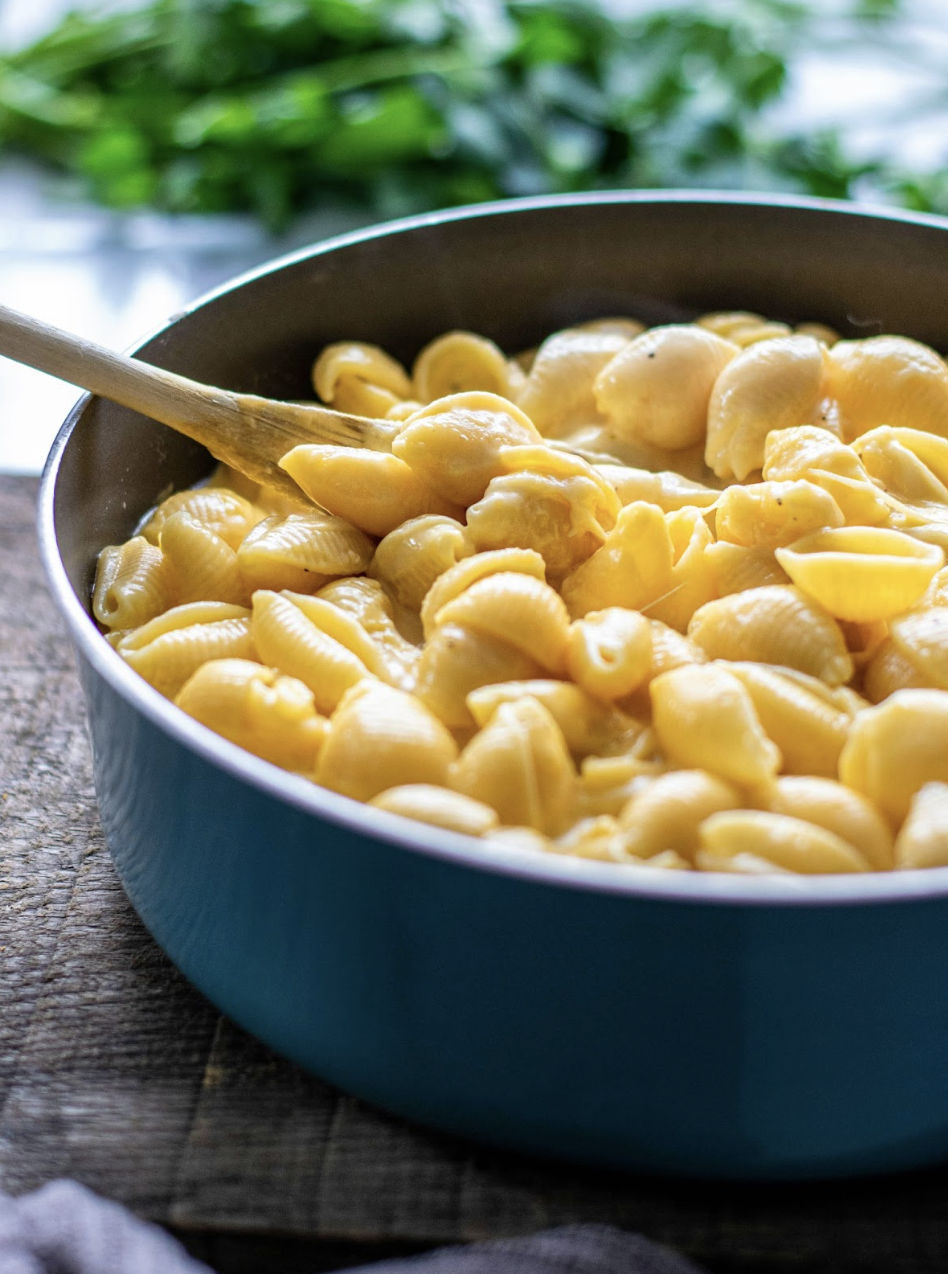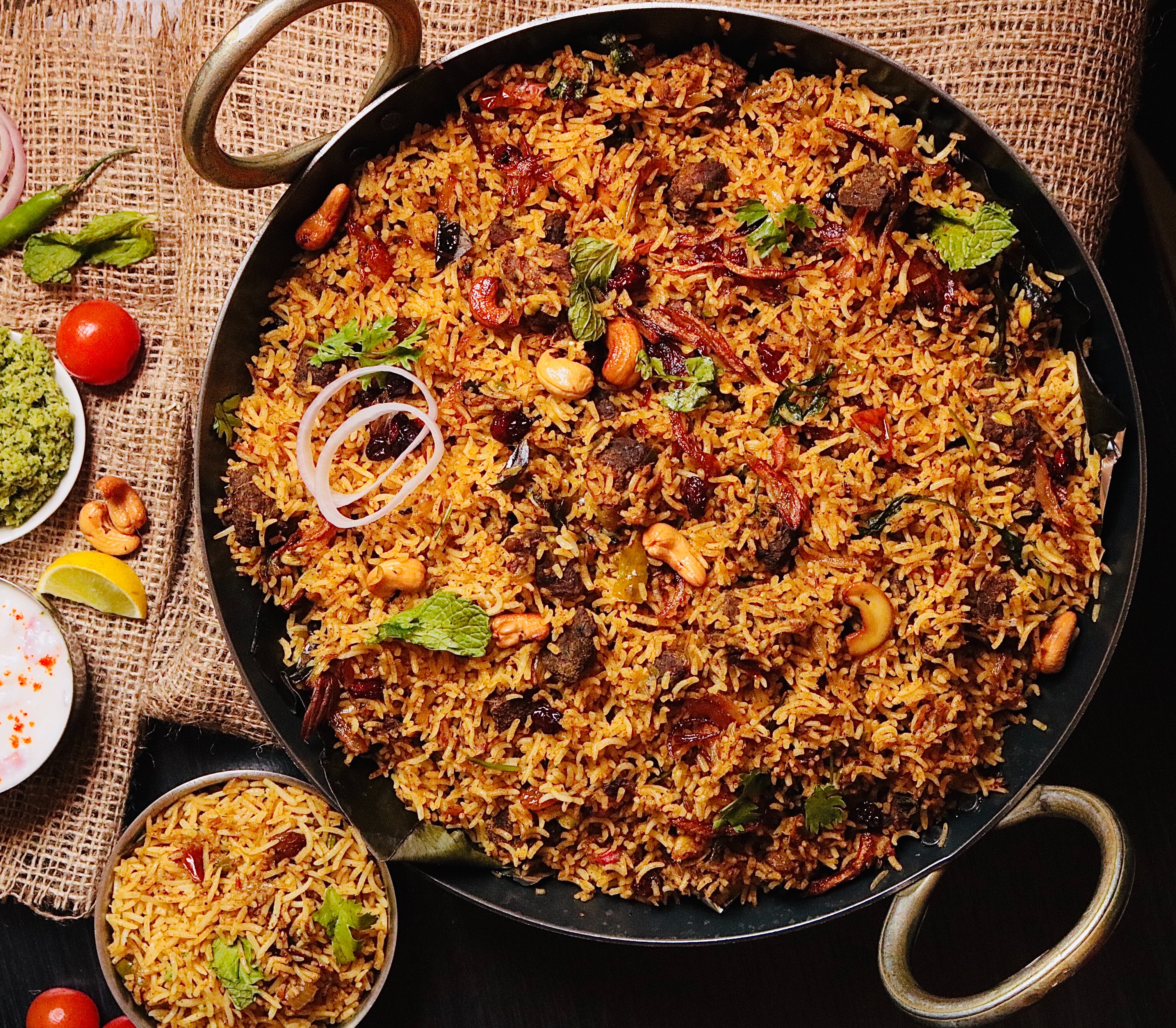Comfort food is a common trend across various cultures, societies and civilizations across the globe. These foods naturally reflect genuine, home cooked foods which people find to pull them back into a world of nostalgia and bliss, greeting them with open arms and allowing them to fully remember the times that they felt a sense of intense tranquility. Much comfort food across the globe consists of ingredients that most would consider unhealthy; after all, fats are what make food taste so good and set off a chemical in your brain called dopamine. Dopamine is the “feel good” chemical within your brain responsible for sensations of pleasure and comfort, giving comfort food their signature name. Although many people turn to comfort food in an effort to offset feelings of stress and pressure, overconsuming comfort foods is often an unhealthy and detrimental means of dealing with negative emotions. The positive emotional benefits associated with it, although seen as a solution to these emotions, is a short term means of solving long-term issues. Many individuals who overindulge in comfort food, particularly those high in fats, are more prone to experiencing cardiovascular disease, suffering from obesity or having higher blood pressure and diabetes. Some comfort foods that are kept on a shelf or freezer, such as canned soups or pizza, are extremely high in sodium concentration, and eating too much over a specified interval of time can also raise risks of stroke and hypertension. Although some comfort foods are good to enjoy once in a while within moderation, allowing one to consistently turn to them in an effort to offset the negative emotions associated with stress can lead to more severe health conditions. Some foods that I personally have turned to in times of stress include macaroni and cheese, but have made sure to keep these foods within reason in order to ensure that feelings of nostalgia and comfort continue without overindulgence.
The Timeless Appeals of Comfort Food
Patrick Waryold | Jan 10, 2024






